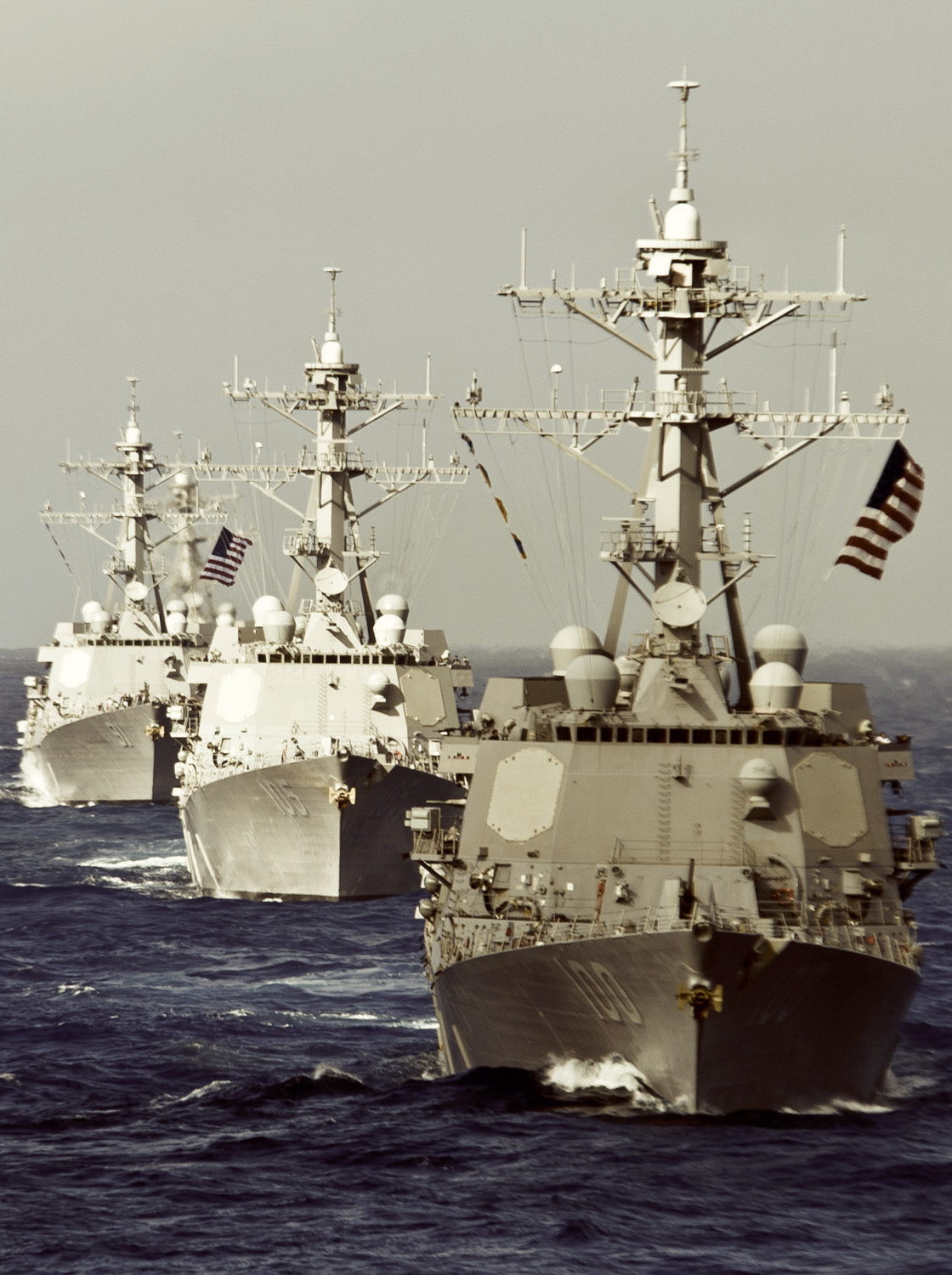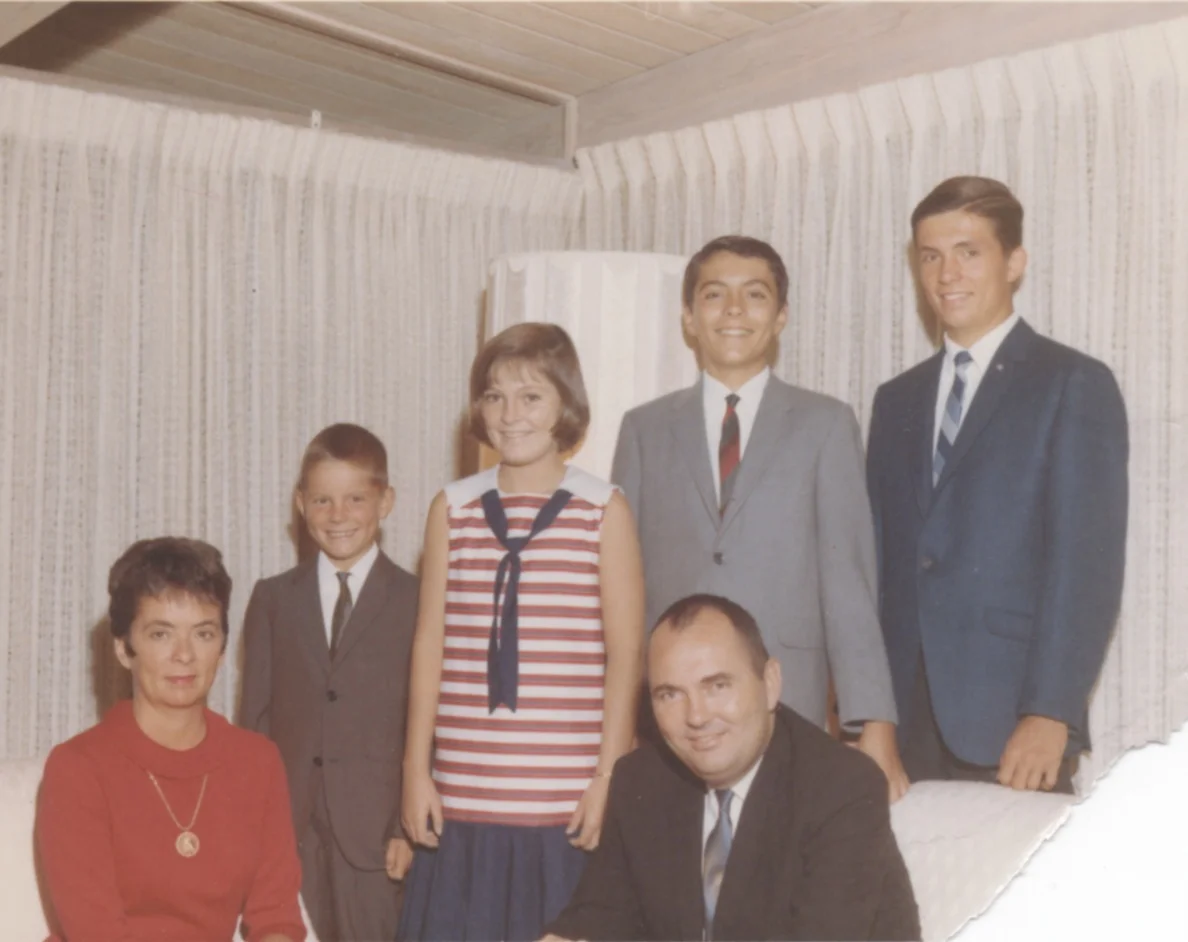For most of us, the Cuban Missile Crisis began on October 16, 1962, 7 p.m. Eastern Time, when President Kennedy announced on all three national television networks that the Soviet Union was installing nuclear-armed missiles in Cuba. The sites were in and the weapons were arriving. For the next thirteen days, Americans old enough to be aware of what was happening were terrified. We were on the brink of a nuclear war. America threw up a naval blockade to stop the missiles from reaching Cuba. Khrushchev vowed not to back down. Kennedy threatened massive retaliation.
In October, 1962, my wife Frenchie and I were juniors at Doane College in Crete Nebraska. We did not perceive Nebraska to be in direct danger of a nuclear attack. But we thought the east coast of the U.S. might well sustain millions of casualties in an exchange with the Soviet Union. We heard from friends that there were all sorts of evacuation plans for people in places like New York City and Washington D.C. But everyone knew deep down they would not work; most of those who tried to escape would simply die caught in traffic jams rather than in their homes. Between classes and at mealtime everyone huddled around the few televisions available on campus, to see what Walter Cronkite and Chet Huntley and David Brinkley and the rest of them could tell us. The story of Gregory Peck and Ava Gardner and the rest of the world in the 1959 film “On the Beach” seemed like it might come true.
The crisis finally ended when Kennedy and United Nations Secretary-General U Thant reached an agreement with Khrushchev. At least the first crisis ended. For me, a second crisis was just getting started, a crisis of confidence in U.S. foreign policy. It is still going on.
My world view at the beginning of the Missile Crisis was pretty straightforward and shared by everyone I knew. After World War II, the Soviets had enslaved Eastern Europe. They wanted the rest. Only America's nuclear weapons kept them from marching on Western Europe. Eventually, they would probably attack. With their Communistic zeal and disregard for human life, they would be willing to sacrifice millions of Russians to eliminate our threat to their quest for world domination. It was just a matter of time.
My generation grew up with the expectation of nuclear war. We practiced "ducking and covering" --- crouching under our desks at school, which apparently someone thought might help in the event of a nuclear attack. In the early nineteen fifties, my grandfather and I were members of the Ground Observer Corps. Every Saturday morning we climbed the stairs to the clock tower at Union College in Lincoln, Nebraska, where we watched for Soviet bombers, and reported every plane we spotted, from Piper Cubs to Lincoln Air Force Base b-47s by direct phone line to SAC headquarters in Omaha.
By October 1962 things seemed to have gotten worse, a lot of it having to do with Cuba. Fidel Castro had won the revolution in Cuba during Eisenhower's last term. Castro had been quite a sympathetic figure to most Americans. He was a freedom fighter against the very corrupt Batista regime. He was a baseball fan, and he was friendly with Americans and American journalists. But after the revolution he turned out to be a Communist and Eisenhower broke off relations with Cuba. Their economy was deprived of its two main pillars: American purchases of sugar and cigars. And Cuba became a client state of the U.S.S.R. In the 1960 election, Kennedy told us (wrongly) that the Soviet Union was outpacing us in the manufacture and installation of nuclear armed missiles. In 1961 the U.S. installed Jupiter missiles in Turkey aimed at Moscow. These were in addition to those already in England. In April, the U.S. sponsored an invasion of Cuba --- the "Bay of Pigs" --- which failed miserably. In August, Khrushchev built the Berlin Wall. Things were heating up.
I was a philosophy major, but for the thirteen days of the crisis the only philosopher I read was Bertrand Russell. A Nobel Prize winner, Russell's telegrams to Kennedy, Khrushchev and U Thant received a fair amount of publicity, and they seemed to be taken seriously by the last two. Russell was very critical of Kennedy. He pointed out that America had intermediate range nuclear missiles aimed at Moscow in England and Turkey. Kennedy was overreacting, Russell said, to getting a taste of what it was like to have such weapons aimed at one. There is evidence that Khruschev was moved by Russell in standing up to the Russian military. In the end Kennedy ignored most of his advisors too, but this was probably due more to good advice from Adlai Stevenson than from Bertrand Russell.
A bit about Russell. He was then 90. He had been fired from Cambridge University and jailed for his opposition to World War I. He was an early and effective critic of both Hitler and Stalin. In the early 40's, Russell was offered positions at CUNY and UCLA. But they were withdrawn because of his “immorality.” (The most serious charge: he didn’t think homsexuality should be illegal). In the 50’s he became a leading advocate of nuclear disarmament and he was jailed once again for leading protests.
Russells' position went against everything I believed. But I began thinking and reading about Cuba. The situation didn't seem at all comparable to Eastern Europe. The Russians didn't march into Cuba. It was a homegrown revolution. There was every reason to think that most Cubans would be better off under Castro than Batista, even if he was a Communist. In retrospect, Eisenhower's reaction, more or less trying to freeze Castro's Cuba out of the civilized world, seemed uncalled for.
The attempted invasion of Cuba began to seem not only inept, but just wrong. What right did we have to decide who was going to be in charge in Cuba?
And, as Russell pointed out, the installation of Jupiter missiles in Turkey, suitable only for a first strike and aimed at the Western Part of the Soviet Union, was an escalation in the Cold War. It was, as Senator Albert Gore (Al Gore's father) said at the time, a "provocation."
In the end, both Khrushchev and Kennedy resisted their advisors. Khrushchev slowed the ships down; Kennedy stayed his military's hand when the Cubans, with Soviet help, shot down a U2 plane we flew over Cuba. Khrushchev agreed to move the weapons out of Cuba; Kennedy promised not to invade the island. And Kennedy also promised, not publicly, to get the missiles out of Turkey. Kennedy deserved credit for listening to Stevenson and seeking a peacful way out. But he and Eisenhower, as well as Khrushchev, deserved a lot of blame for getting us into the mess in the first place.
In my case, and many others too, I'm sure, a process began during the Crisis that was to be exacerbated a few years later by the Viet-Nam War, and has never stopped: the habit of being suspicious about the reasons the U.S. claims it has for military intervention overseas, whether offered by Democrats or Republicans, Conservatives or Liberals, the Pentagon or the State Department. The Cuban Missile Crisis pulled back the curtain, and the Wizards of Washington were ugly. Don’t get me wrong. Except for Norway and a couple of other places, I also don’t much care for any other nations’ foreign policies either. The world is a crazy place, but we are a big part of the craziness.





